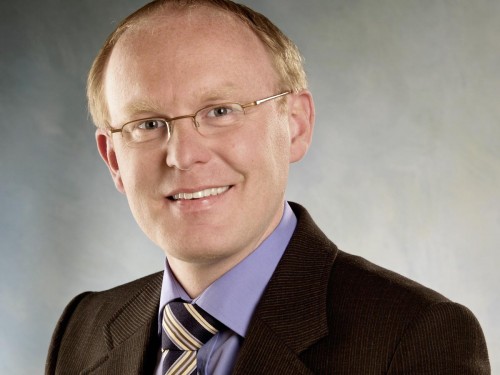Heat storage is an important technology when it comes to making more use of renewables for supplying energy in future. Long-term heat or cold storage is essential particularly for solar collector systems that achieve high capacity factors. However, water storage tanks need to be very large in such cases, which means that costs are high.
Compact alternatives are available today on a laboratory scale – for instance, PCM (phase change materials) or thermo-chemical storage units. These storage technologies, based on paraffins, zeolites or salts (for example) utilize temperature- dependent conversion reactions to store heat. This makes it possible to match the material‘s properties to the application temperatures in regeneration and use accurately, but also requires more elaborate process engineering.
Within the framework of the International Energy Agency‘s Implementing Agreement “Solar Heating and Cooling” Austria is participating in SHC Task 42 “Advanced Materials for Compact Thermal Energy Storage”. 16 countries are collaborating in this network, to promote an exchange of new findings in the field of heat storage. The focus of this international collaboration is on investigating and characterizing promising materials, and on experimental testing and simulation with the practical aspects system integration, trial and cost-effectiveness.

„Energy storage is a key technology for renewable energy systems. In the case of thermal storage Austrian firms and research organizations are working on new materials and pioneering operating principles that (alongside classical building services) also open up entirely new fields of application. With the aid of these thermal storage technologies it will be possible to cover buildings‘ energy needs completely with solar energy alone, to heat electric vehicles and make industrial processes more efficient in future.“
Gerald Steinmaurer,
ASIC Austria Solar Innovation Center